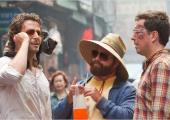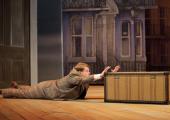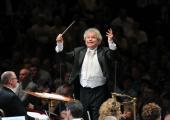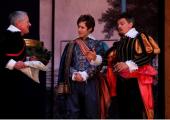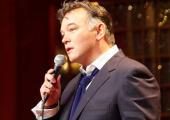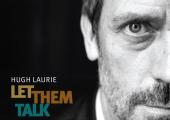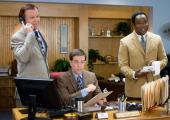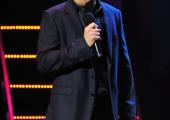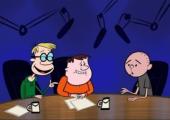Much Ado About Nothing, Wyndham's Theatre
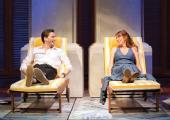
A West End rival to the Globe's new version turns up as summer bubblegum
If a great whorl of bubblegum were plonked on Trafalgar Square's fourth plinth all summer long, would there be any point in complaining about it? How do you criticise the uncriticisable? A new Much Ado About Nothing at Wyndham's is Shakespeare-by-television: failsafe. As theartsdesk has recently pointed out, there is the "other production" at the Globe, which celeb chatter over and vast publicity for this brassy West End one have conspired to relegate to a sideshow somewhere obscure south of the Thames.

